When the sun’s rays fail to power up your solar panels, it can be a real head-scratcher. Picture this: a cloudless day, birds chirping, and your solar panels just not pulling their weight. We’ve all been there. In this article, we’ll delve into the intriguing world of solar panels not working, uncovering the reasons behind this solar mystery. So, grab a seat and let’s shed some light on why your solar panels might be feeling a little sun-shy.
Table of Contents
- Common Reasons Why Solar Panels Stop Working
- Troubleshooting Tips to Identify Solar Panel Malfunctions
- Importance of Regular Maintenance for Solar Panels
- How to Increase the Efficiency of Your Solar Panel System
- Expert Recommendations for Dealing with Inoperative Solar Panels
- Q&A
- To Conclude
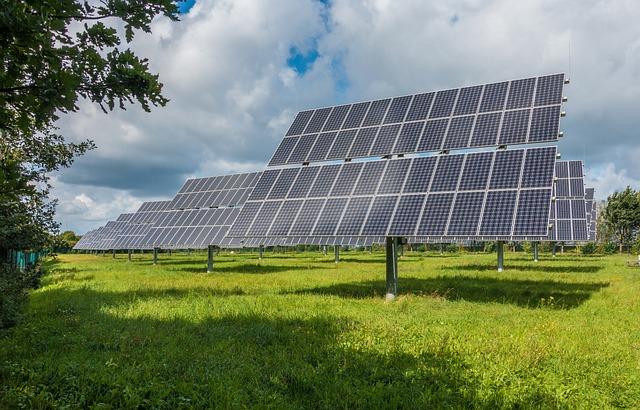

Common Reasons Why Solar Panels Stop Working
Solar panels can encounter various issues that can impact their performance. One common reason for solar panels not working efficiently is shading. When shadows from nearby trees, buildings, or other obstructions fall on the panels, it reduces the amount of sunlight they receive, affecting their ability to generate electricity effectively.
Additionally, dust and debris accumulating on the surface of the solar panels can hinder their performance. Regular cleaning and maintenance are essential to ensure optimal efficiency. Another factor to consider is aging components within the solar panel system, such as inverters or wiring, which may need replacement over time to keep the system running smoothly. Regular inspection and maintenance can help identify and address these issues promptly, ensuring your solar panels continue to operate efficiently.
Troubleshooting Tips to Identify Solar Panel Malfunctions
Sometimes, even the most reliable solar panels can encounter issues that hinder their performance. To troubleshoot solar panel malfunctions effectively, consider these tips:
- Check the inverter display for error messages or unusual readings.
- Inspect the panels for physical damage, like cracks, or debris blocking sunlight.
- Ensure all connections are secure and there are no loose cables.
Furthermore, assess the surrounding environment for potential factors affecting solar panel efficiency:
- Verify if there are any shading issues that reduce sunlight exposure.
- Monitor the cleanliness of the panels and schedule regular cleaning if necessary.
- Consider the age of the panels and assess if they might need maintenance or replacement.
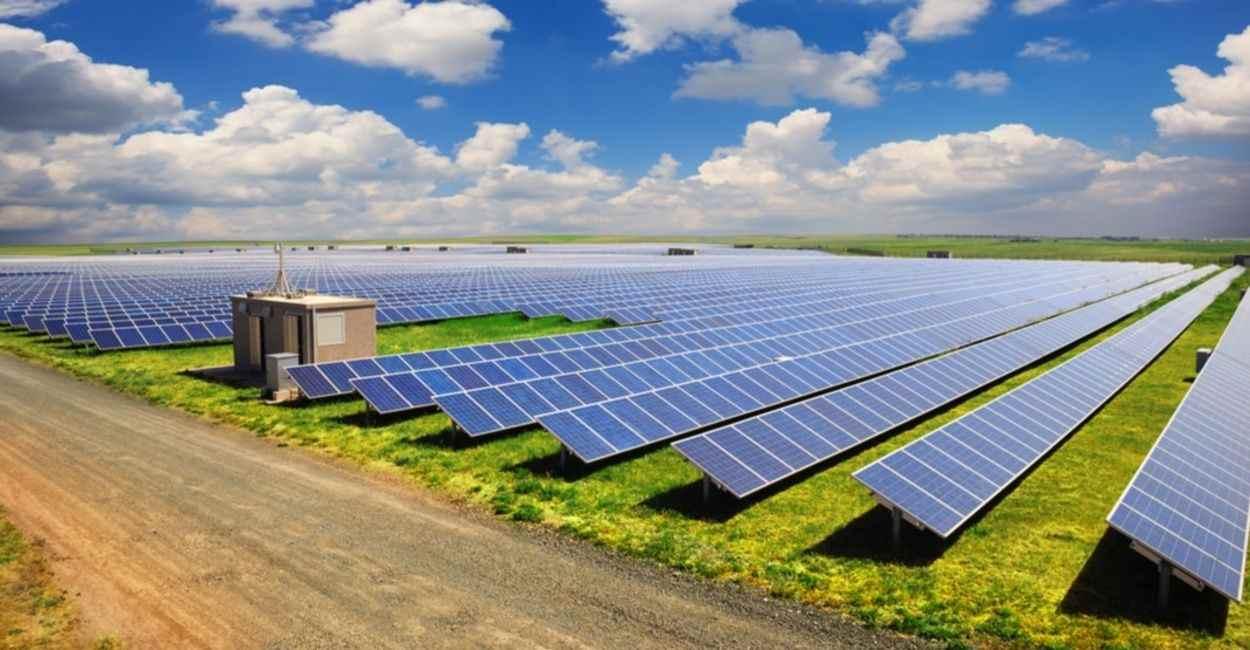

Importance of Regular Maintenance for Solar Panels
Regular maintenance is crucial for ensuring the optimal performance and longevity of solar panels. By conducting routine checks and upkeep, you can maximize the efficiency of your solar energy system and avoid costly repairs in the long run. One key benefit of regular maintenance is the early detection of issues such as dirt buildup or shading, which can significantly impact the output of your solar panels.
Moreover, scheduled maintenance helps in preserving the warranty of your solar panels, ensuring that they remain covered for any unforeseen damages or malfunctions. Some common maintenance tasks include cleaning the panels, inspecting for any physical damage, and monitoring the overall system performance. By investing time and effort into maintaining your solar panels, you can enjoy consistent energy savings and contribute to a sustainable future.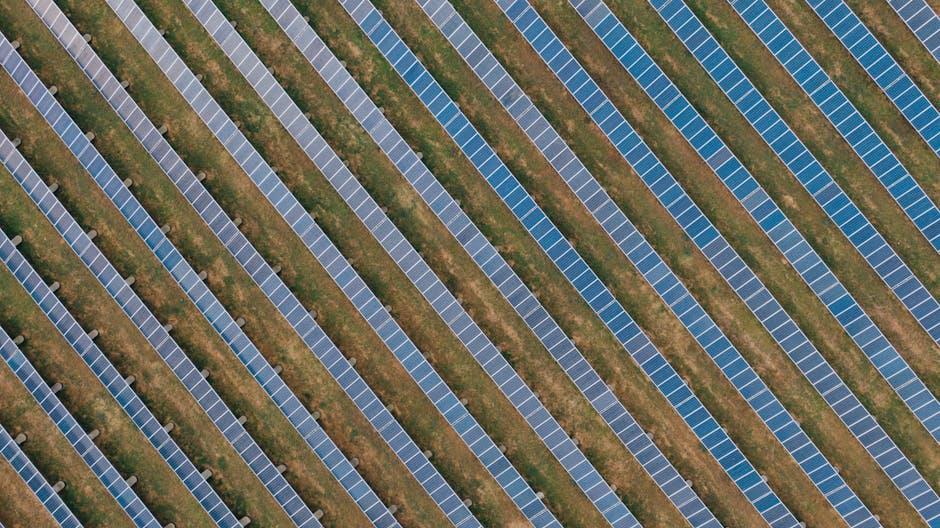

How to Increase the Efficiency of Your Solar Panel System
Is your solar panel system not reaching its full potential? Here are some tips to optimize its efficiency:
- Clean Your Panels Regularly: Dust, debris, and bird droppings can hinder sunlight absorption. Regularly clean your panels to ensure maximum efficiency.
- Monitor for Shading: Ensure that trees, buildings, or other obstructions are not casting shadows on your panels, as this can greatly reduce energy production.
Additionally, consider investing in a solar tracker to allow your panels to follow the sun’s path throughout the day for increased exposure. Proper maintenance and monitoring are key to getting the most out of your solar panel system.
| Tip | Description |
| Clean Panels | Regular cleaning for optimal performance |
| Monitor Shading | Prevent obstructions from reducing efficiency |


Expert Recommendations for Dealing with Inoperative Solar Panels
Sometimes, despite the best efforts, solar panels may encounter issues that render them inoperative. If you find yourself in this situation, there are a few expert recommendations you can consider to address the problem effectively.
One approach is to check the wiring connections of your solar panels to ensure they are secure and undamaged. Loose or faulty connections can disrupt the flow of electricity and prevent your panels from functioning optimally. Additionally, inspecting the solar panel for physical damage such as cracks or breakages is crucial as these issues can hinder the panel’s performance. By conducting a thorough examination and addressing any visible damage promptly, you can increase the chances of restoring your solar panel to full functionality and harnessing clean energy efficiently.
Q&A
Q: Why are my solar panels not working properly?
A: If your solar panels are not generating as much energy as expected, several factors could be at play. It could be due to shading from nearby trees or buildings, so make sure your panels are getting enough direct sunlight throughout the day.
Q: Can extreme weather affect the performance of solar panels?
A: Absolutely. Hail, snow, or heavy rain can damage your solar panels and reduce their efficiency. Regular maintenance and inspections can help prevent such issues and ensure optimal performance.
Q: How often should I clean my solar panels?
A: It’s recommended to clean your solar panels at least a few times a year, especially if you live in an area with high levels of dust, pollen, or bird droppings. Dirt and debris can block sunlight and hinder the panels’ ability to generate electricity.
Q: Is it normal for solar panels to lose efficiency over time?
A: Yes, it’s normal for solar panels to experience a slight drop in efficiency over their lifespan. Factors like degradation of materials, dust accumulation, and aging inverters can contribute to this decline. Regular maintenance can help mitigate these effects and prolong the life of your solar panels.
Q: What should I do if my solar panels stop working completely?
A: If your solar panels suddenly stop working, check the circuit breakers, inverter, and wiring for any issues. If you’re unable to troubleshoot the problem on your own, contact a professional solar panel technician to diagnose and repair the issue promptly.
To Conclude
In conclusion, when it comes to solar panels not working, it’s crucial to address issues promptly to ensure optimal performance and efficiency. By troubleshooting, seeking professional help if needed, and staying proactive in maintenance, you can maximize the benefits of solar energy. Remember, a small glitch doesn’t dim the bright potential of solar power – with the right approach, you can harness the sun’s energy to illuminate a greener future for generations to come. Thank you for exploring the ins and outs of solar panels with us, and may your renewable energy journey be as bright as the sun itself.


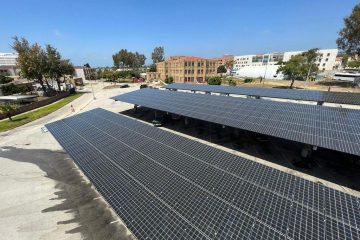
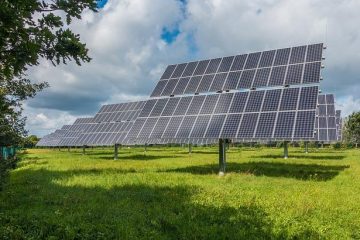
0 Comments